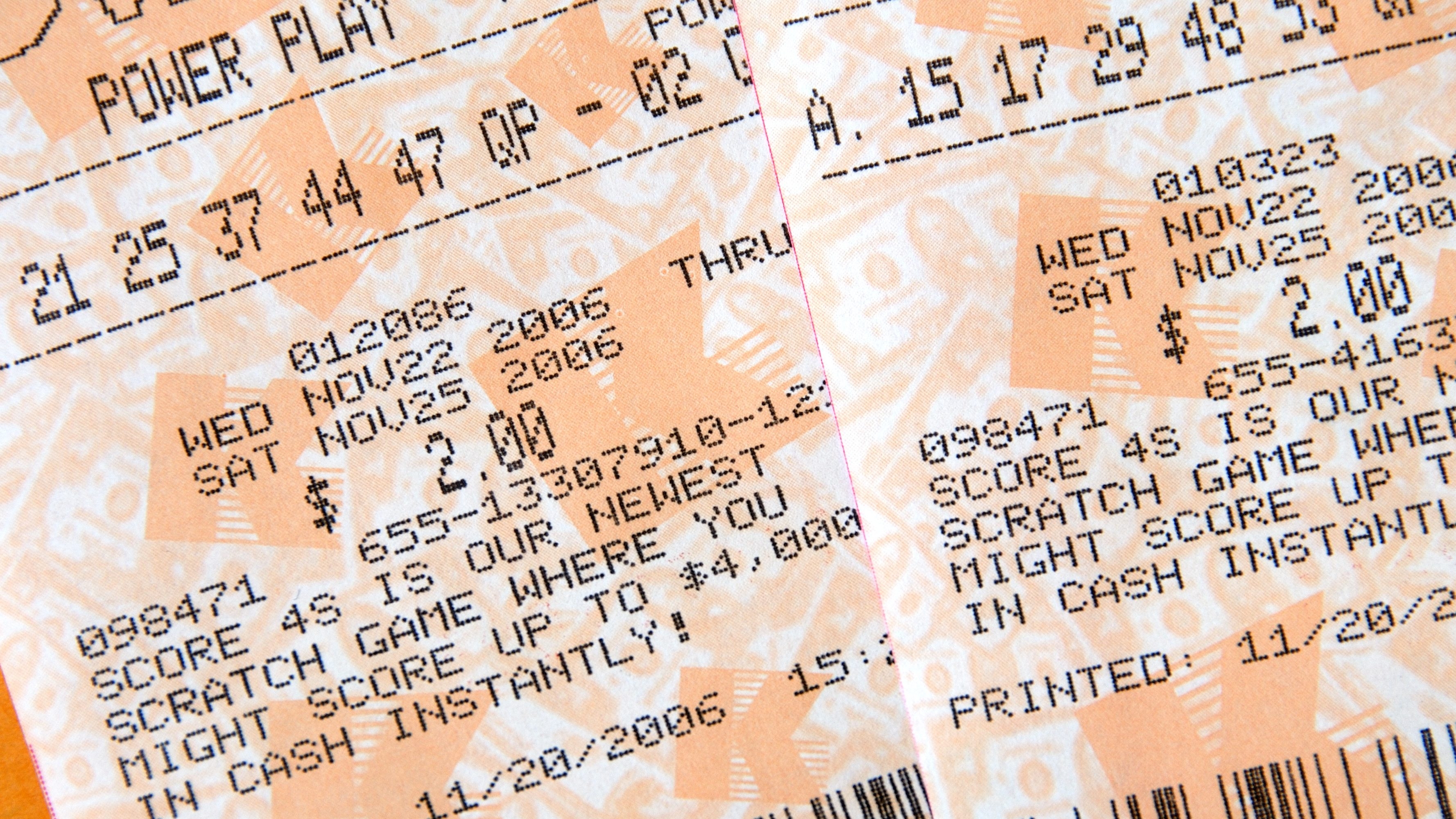The Alabama Senate on Wednesday came close to deciding on whether to allow Alabama voters the chance to decide on establishing an Alabama lottery, approving one bill and holding off on another that would have done so.
Sen. Jim McClendon, R-Springville, introduced Senate Bills 319 and 320, which would establish a state lottery and lottery trust fund, with half of the proceeds going to the Education Trust Fund and the other half to the state General Fund. If approved by the Legislature, the lottery matter would also have to be approved by a majority of Alabama voters.
“Simple, straightforward lottery bills. They don’t try to fix the world,” McClendon said of his bills.
The Senate Tourism Committee approved McClendon’s bills in March, and when the Senate convened on Wednesday only McClendon’s two bills were introduced for debate. Senate Bill 320 is the enabling legislation that would establish how the lottery would operate, and Senate Bill 319 proposes a Constitutional amendment that would allow for a lottery.
A separate, expansive gaming bill introduced by Sen. Del Marsh, R-Anniston, failed to pass the Senate when 13 Senate Republicans voted against the legislation.
Sen. Greg Albritton, R-Range, spoke against the bill, urging instead the Legislature work to pass a bill to control gaming, and not expanding it, as Albritton said McClendon’s bill would do. McClendon’s bill does not address any other sorts of gaming other than a straight lottery system.
Sen. Clyde Chambliss, R-Prattville, said the bill didn’t address his concerns about “fiscal oversight” and said he had 11 amendments he planned to introduce, before filibustering for nearly an hour.
Sen. Chris Elliot, R-Daphne, presented an amendment to SB320 that would, over a period of time and as proceeds were established, use lottery revenue to reduce the state’s tax on groceries from 4 percent to 2 percent. The amendment was approved on a 31-1 vote and the bill was approved in a 26-3 vote, but Sen. Chambliss asked for the vote to be reconsider, which was approved on a voice vote sending the bill back to members for consideration again.
Sen. Arthur Orr, R-Decatur, presented an amendment that would put 5 percent of gross lottery proceeds into the state’s Education Retirees Trust Fund, until the amount reaches $100 million, but Chambliss again began filibustering.
“Get your votes. Whatever you need, and bring it, because you’re gonna have to run me flat over to get this bill through this body tonight,” Chambliss said.
“I know someone who committed suicide over this issue,” Chambliss said. “It’s important to me because they got so drawn into it that they killed their self over it.”
Orr’s amendment was adopted in a 30-0 vote. Chambliss presented a series of amendments that would prevent lottery commission members from buying lottery tickets, raise the age of participation from 18 to 21, among other changes, which were all approved. Members then approved SB320 for a second time in a 30-2 vote.
More amendments were about to be introduced on McClendon’s SB319, but McClendon asked that the bill be carried over at the call of the chair, which means the bill could be brought back up at any moment. After more than three hours of debating, however, the Senate then adjourned until 10:30 a.m. Thursday morning.













































